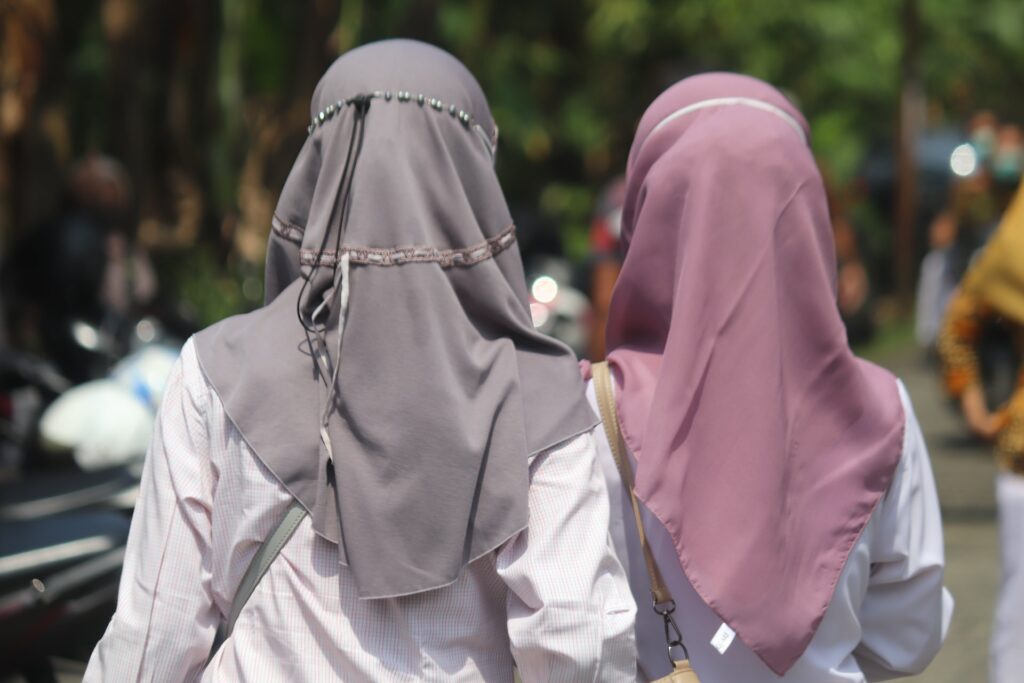When a company prohibits all its employees, without distinction, from visibly wearing religious, philosophical or spiritual signs, it does not concern direct discrimination, the European Court of Justice (ECJ) ruled on Thursday following a preliminary question from Belgium.
The ruling came following a question from the French-speaking labour court in Brussels, over a dispute between a company managing social housing and a Muslim woman who wears a headscarf. The woman applied for an internship, but the company did not consider her application because she stated during an interview that she would not take off her headscarf at work.
The company, however, has enshrined a policy of strict neutrality in its labour regulations and terms of employment. Even when the woman renewed her application a few weeks later, suggesting that she could wear a different type of scarf, her request was still denied: no type of head covering is permitted, be it a cap, a hat or a headscarf, the company said.
The woman then took the case to court, as she believed that the refusal was based – directly or indirectly – on her religious beliefs and therefore violated the anti-discrimination law. The Belgian court then wanted to know from the court whether a ban on a symbol or article of clothing with religious connotations constituted direct discrimination on grounds of religion.
Neutrality policy 'without distinction'
In its ruling, the ECJ confirmed that an employer may prohibit the wearing of a headscarf if the neutrality policy is inscribed in the work rules and the prohibition on expressing religious or philosophical beliefs "applies generally and without distinction to all employees."
"Indeed, since every person may have a religion or a religious, philosophical or spiritual belief, such a rule (provided that it is applied in a general and undifferentiated way) does not establish a difference in treatment based on a criterion that is inextricably linked to religion or to those beliefs," the press release reads.
This means that employers are allowed to prohibit the wearing of headscarves if they also prohibit other religious, philosophical or spiritual signs such as crosses (Christian), kippahs (Jewish) or turbans (common among Sikhs), for example. In that case, there is no direct discrimination, the court said
As Christians rarely wear overly visible symbols of their faith in Belgium (and most of western Europe), however, these kinds of neutrality policies are often seen as disproportionately affecting Muslims, to the point that they are often dubbed "headscarf bans" in the national and international press.
Related News
- 'Headscarf forbidden': discrimination still happens in Brussels institutions, says MP
- Brussels students protest headscarf ban in education
- 'Either a referee or a player': liberals oppose Equality Commissioner with headscarf
Therefore, the European courts did add that there may be an indirect difference in treatment if the ostensibly neutral obligation actually amounts to putting persons adhering to a particular religion or belief – in this case, Muslims – at a particular disadvantage. Whether that is the case in this woman's appeal is for the national court to determine, they added.
Additionally, a difference in treatment does not necessarily constitute indirect discrimination if the employer can objectively justify it with a legitimate aim and does so by means that are "appropriate" and "necessary," according to the Court.
While a neutrality policy may be such an objective, it is not in itself sufficient to justify an indirect difference in treatment. The employer must then demonstrate that a genuine need exists.

